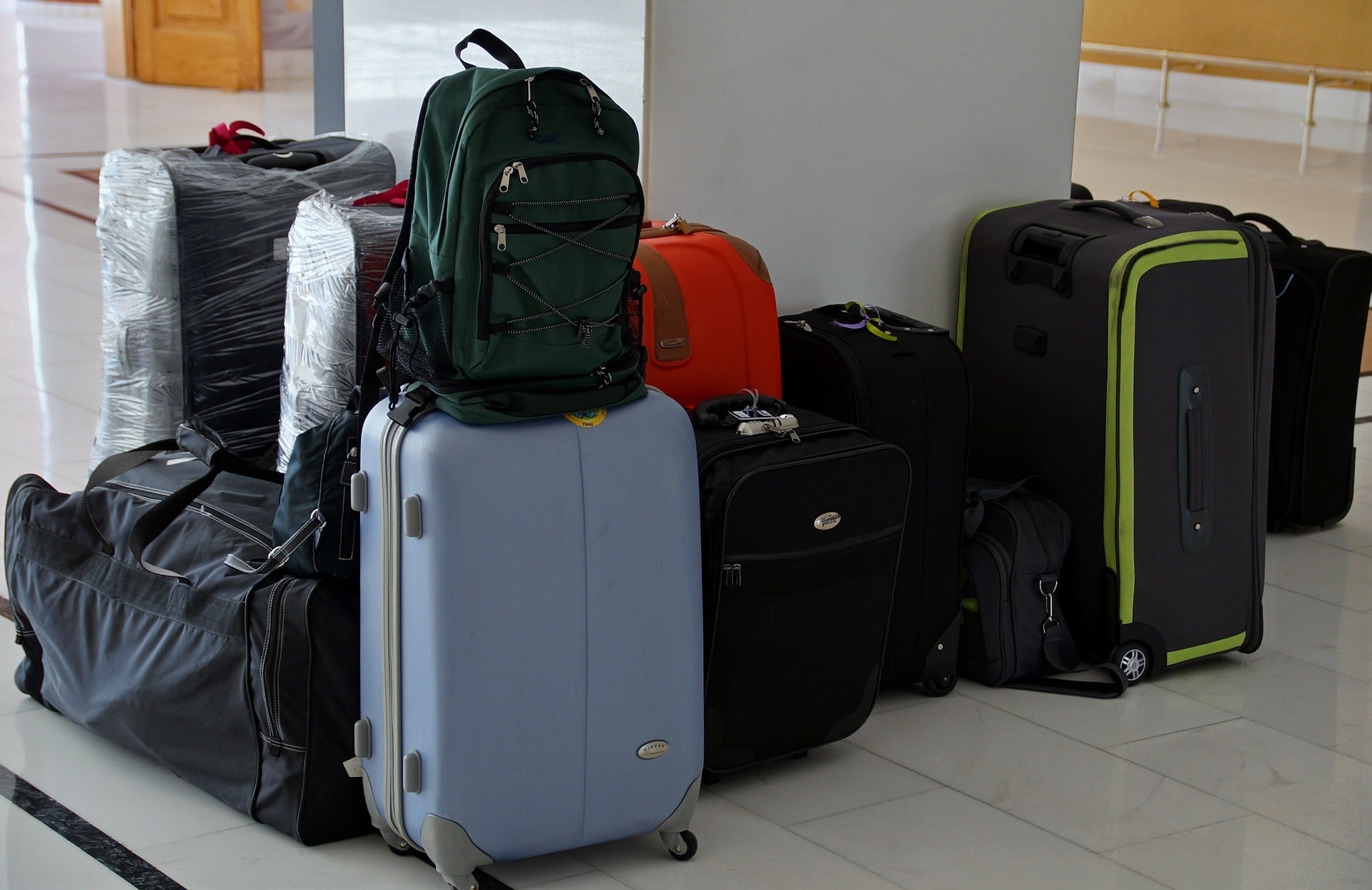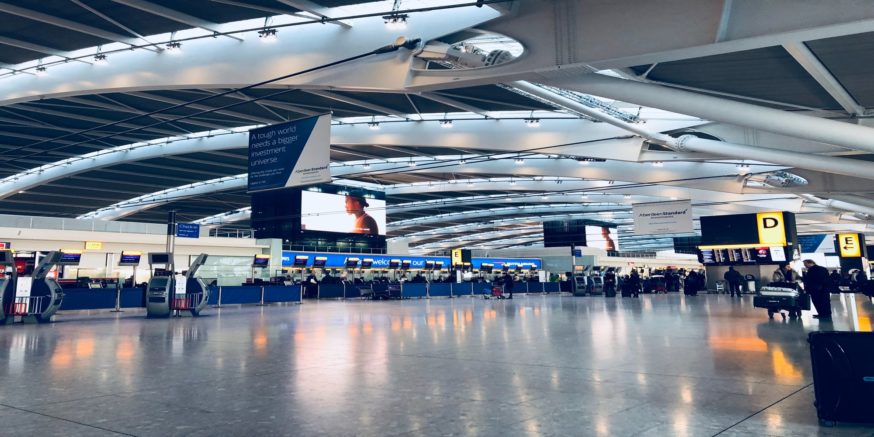- 1. Doing Away with Passports & Tickets
- 2. Allowing for Tailor-Made Vacations
- 3. Traveling at a Lower Cost
- 4. Improving Luggage Tracking
- 5. Allowing You to Use Loyalty Points
- Blockchain Has Great Potential for the Travel Industry
Don’t you just love travel? Exotic destinations, tropical beaches, sipping a Margarita to the sound of Reggae beats as a blood-red sun melts over the ocean? There are few things as rewarding as escaping the daily grind. But getting from place to place can be a herculean task in itself. If ever there were an area ripe for blockchain disruption it’s the fragmented and costly travel industry.
While blockchain may not enable us to teleport any time soon, it can make getting from A to B more bearable. As the cab service industry already has rideshare, which makes hiring a cab to travel much more budget-friendly, blockchain will not be affecting it in any manner. Here are the top five ways that blockchain will (and is already starting to) disrupt the travel industry:
1. Doing Away with Passports & Tickets
Blockchain can secure our online identities. This means that we could potentially breeze through customs at international borders simply by using biometrics, like a fingerprint or eye scan.
No more rummaging through your bag for your passport or waiting for a glacially slow customs official to find your exit stamp. In fact, they would have no need to ask any questions about your visit since it would all be displayed in your online identity. Say goodbye to the sour-faced border controllers for good!
2. Allowing for Tailor-Made Vacations
Blockchain is proving useful in providing tailor-made, niche vacations, especially when teamed up with Big Data and AI. Sure, you can already filter your needs online in an engine like Expedia or Booking. But somehow you still end up with a hotel that falls short of your expectations or a rental car that doesn’t suit your needs.
Companies like Siesta Cloud and Chozun are working to narrow down vacations to the smallest little intricacy. No more sifting through reviews and piles of information to select the things you want to see. They’ll provide recommendations based on your past behavior, hobbies, and opinions from like-minded travelers.
3. Traveling at a Lower Cost
If you remember the days of leafing through a catalog and choosing a hotel, you know how far the travel industry has come. The internet disrupted the travel industry beyond recognition, eliminating pretty much all physical travel agents around the world by allowing us to book our own flights and hotels within just a few minutes online.
But what seemed so great at first has slowly become restrictive. Major online travel agencies have built monopolies in which small hotels and airline companies lose out and the end customer pays extra as well. This centralization in the travel industry leads to lesser choice and higher prices all around.
Blockchain technology with its true peer-to-peer capability can cut out centralized middlemen like Airbnb or Uber taking their hefty cuts. Since blockchain can verify the customer identity, we don’t have to worry about renting the house of a criminal or not being paid for a reservation.
Smart contracts can ensure that the agreement is upheld by both parties and transfer the entire value of the transaction to the seller. No chain of intermediaries, just a simple, secure transfer of funds between buyer and seller. And no additional costs on top.
4. Improving Luggage Tracking
We’ve heard a lot about blockchain and the supply chain. It’s useful for tracking items as they move around the world. Well, the same can be done for your luggage. The loss of luggage costs the aviation industry billions each year–$2.1 billion in 2016 to be precise.
Besides racking up unnecessary expenses for airlines, there’s nothing more frustrating than turning up at a destination sans your suitcase. On many occasions, there’s no one to complain to, or you have to wait for hours to file a claim.
The blockchain’s ability to increase efficiency in the supply chain and track items to their exact location will remove this headache for all parties. The traveler, the airline, and the poor agent on the ground taking flack from red-faced customers.

5. Allowing You to Use Loyalty Points
There are plenty of companies cropping up to take on broken loyalty programs and they can help in the travel industry as well. So, instead of having reward points you can’t use because your hotel chain doesn’t operate in a certain place, you can exchange them through blockchain apps.
You can even use them to get the best out of a local experience. Imagine racking up points with your favorite restaurant back home and then trading them with a local in India, Japan, or anywhere else you happen to be. Loyalty points never go to waste and you can eat for free around the world.
Blockchain Has Great Potential for the Travel Industry
One of the greatest problems with the travel industry is the fact that data is held in silos. The lack of communication between parties overall is the reason for lost luggage, delays, overbookings, multiple steps to purchasing a ticket, and other travel industry inefficiencies.
Blockchain technology can streamline the processes, resulting in a faster, safer, and more pleasant experience for all. With no more scathing looks from hostile airport officials, or error messages as you go to pay.
[thrive_leads id=’5219′]
Never Miss Another Opportunity! Get hand selected news & info from our Crypto Experts so you can make educated, informed decisions that directly affect your crypto profits. Subscribe to CoinCentral free newsletter now.










